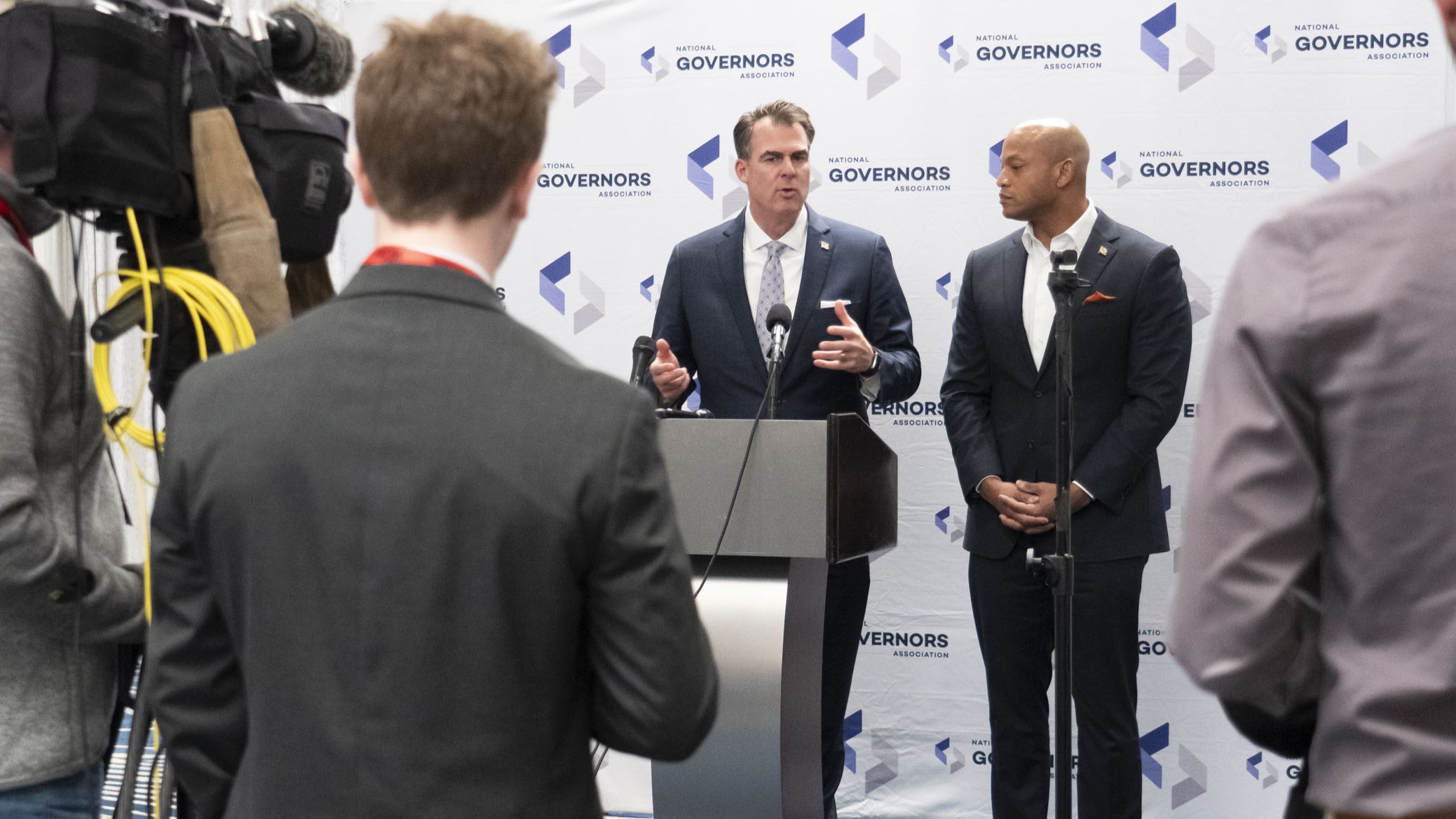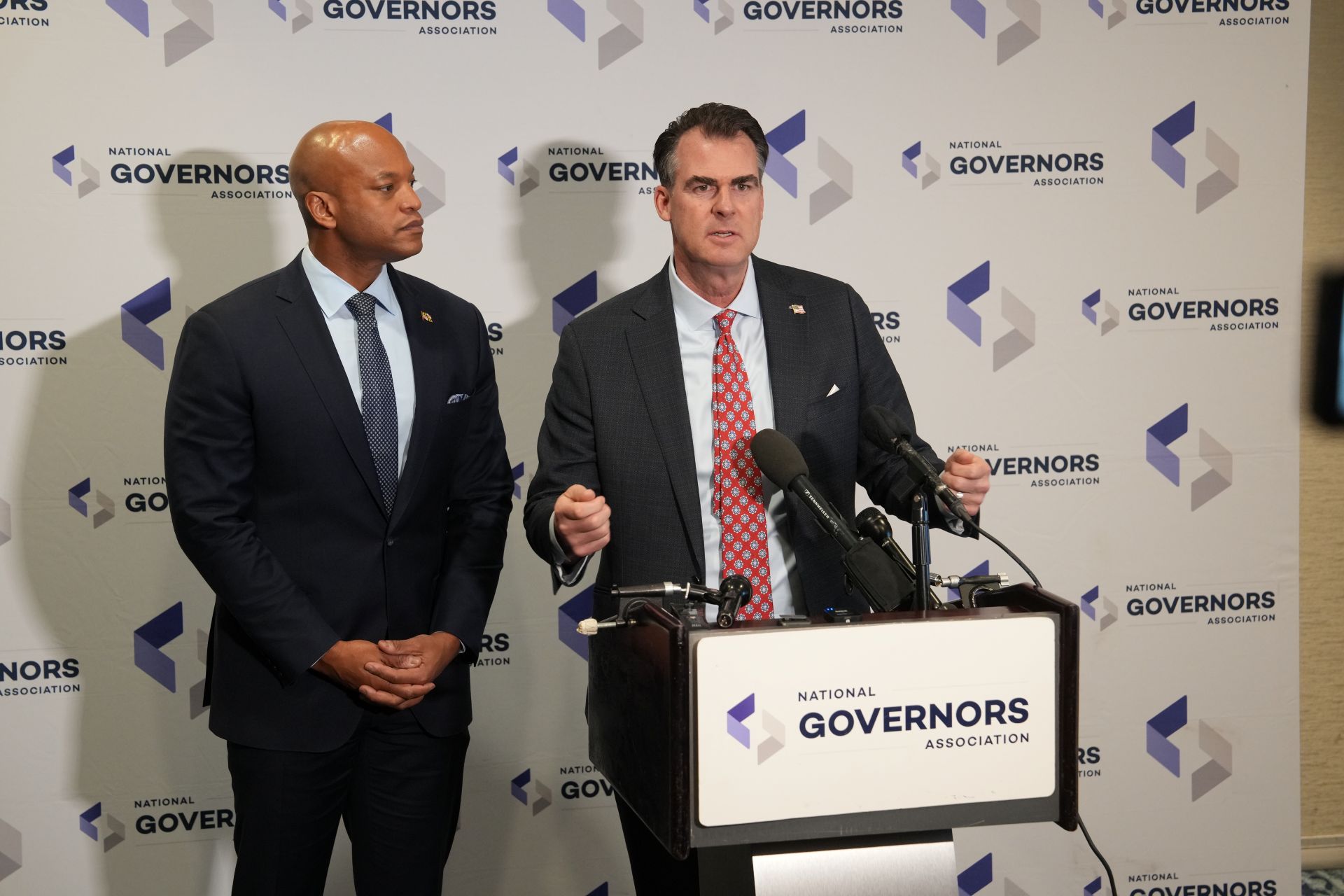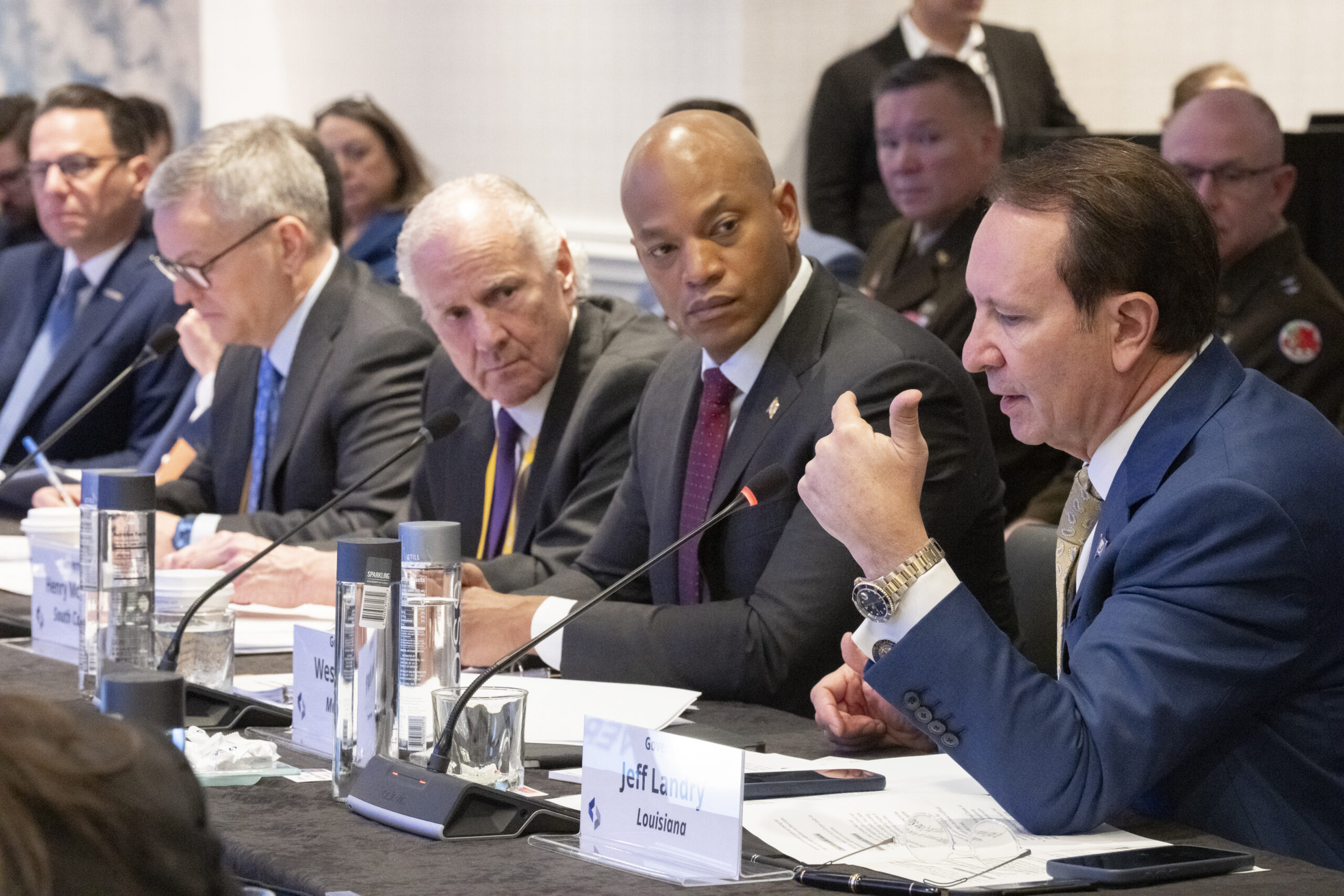John B. King, Jr.
Secretary
U.S. Department of Education
400 Maryland Avenue
Washington, D.C. 20202
Dear Secretary King:
On behalf of states, districts, educators and parents with a strong commitment to work together on implementation of the Every Student Succeeds Act (ESSA), we encourage the U.S. Department of Education (ED) to refrain from defining terms and aspects of the new law that Congress gave communities the flexibility to determine.
Equity is important and is addressed throughout ESSA. States and local school districts have made equity a priority and will use implementation of this new law to elevate that work.
Definitions have already been established by Congress, shaped by significant input from broad, diverse constituencies, including educators, the civil rights community and the disability community. In the ESSA conference report, Congress “prohibit[s] any such regulation that would create new requirements inconsistent with or outside the scope of the law.” New federal definitions through regulation could constitute new requirements. Additional context for any existing definitions in ESSA should be provided through technical assistance and guidance.
In its careful and deliberate work to craft ESSA, Congress accurately deemed that equity and flexibility can co-exist when states and school districts are afforded the ability to determine their own path to a high-quality education for all students.
As ED moves forward with its initial development of regulations to support successful ESSA implementation—especially as it relates to the ‘supplement, not supplant’ provision—we reiterate the importance of ensuring that regulations are crafted in a limited manner that supports, not restricts, Congress’ explicit statutory intent.
Regulations and accompanying guidance should clarify how supplement, not supplant is separate and distinct from maintenance of effort and comparability, and steer clear of anything that would change or modify any of those provisions beyond the statutory changes already signed into law.
Our members, as state and local implementers of ESSA, will continue to use ESSA as an opportunity to lift up those students who need help the most. We hope ED will allow this to happen by exercising regulatory restraint. We look forward to our continued relationship to help support effective implementation at the state and local levels.
Sincerely,
Scott D. Pattison, Executive Director/CEO
National Governors Association
William T. Pound, Executive Director
National Conference of State Legislatures
Kristen J. Amundson, Executive Director
National Association of State Boards of Education
Chris Minnich, Executive Director
Council of Chief State School Officers
Thomas J. Gentzel, Executive Director
National School Boards Association
Daniel A. Domenech, Executive Director
AASA: The School Superintendents Association
Gail Connelly, Executive Director
National Association of Elementary School Principals
Randi Weingarten, President
American Federation of Teachers
Lily Eskelsen Garcia, President
National Education Association












